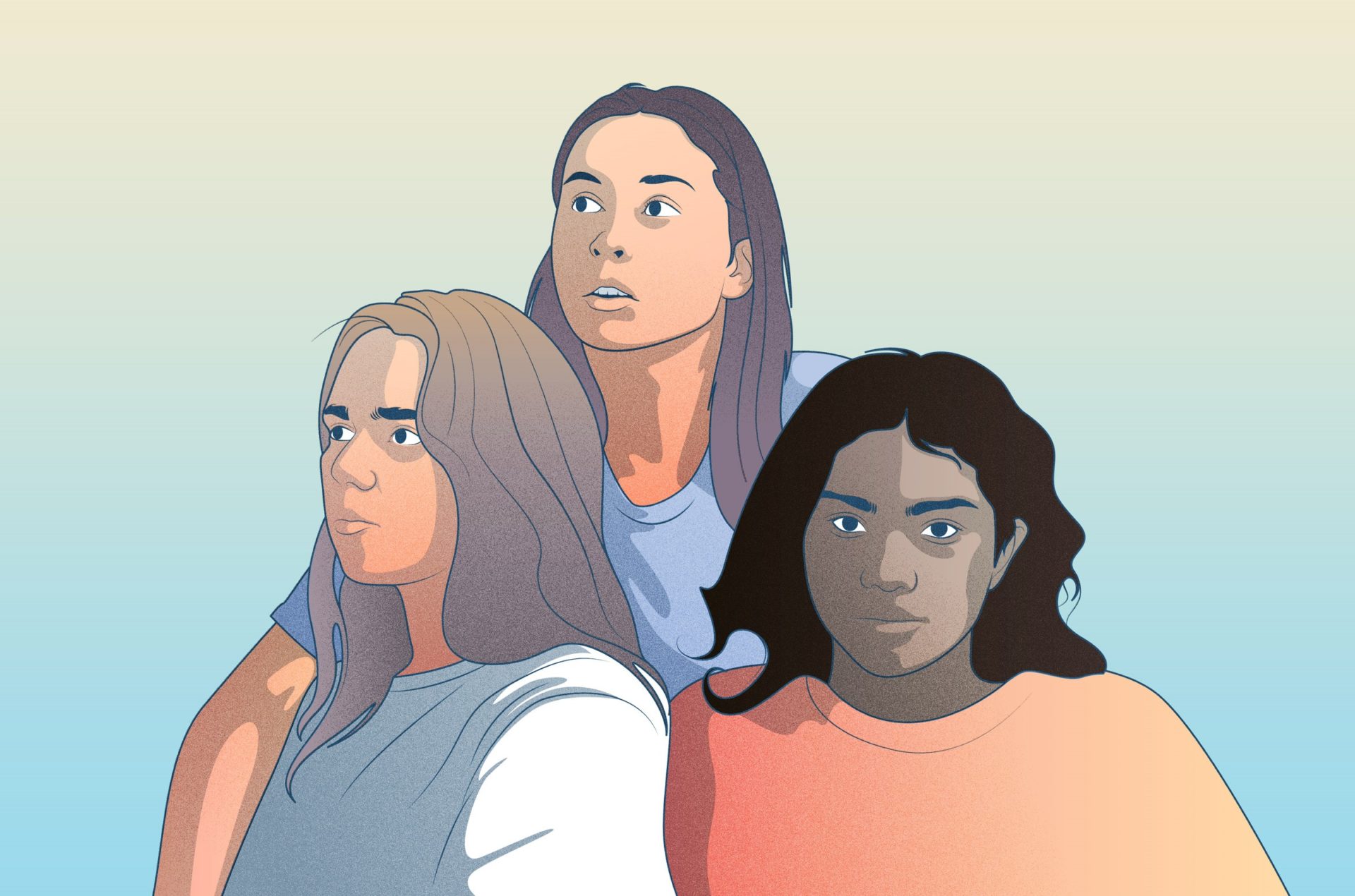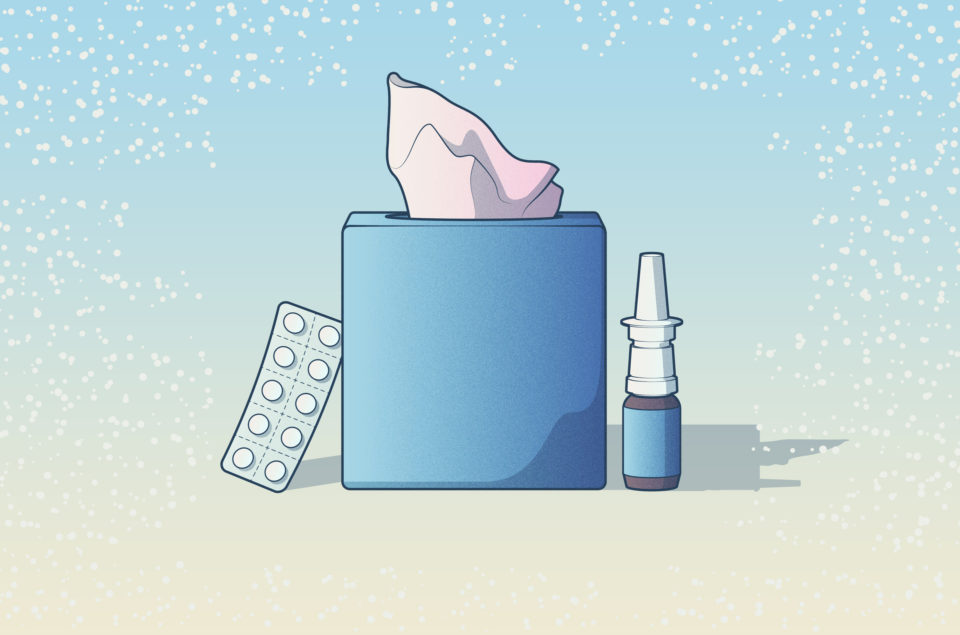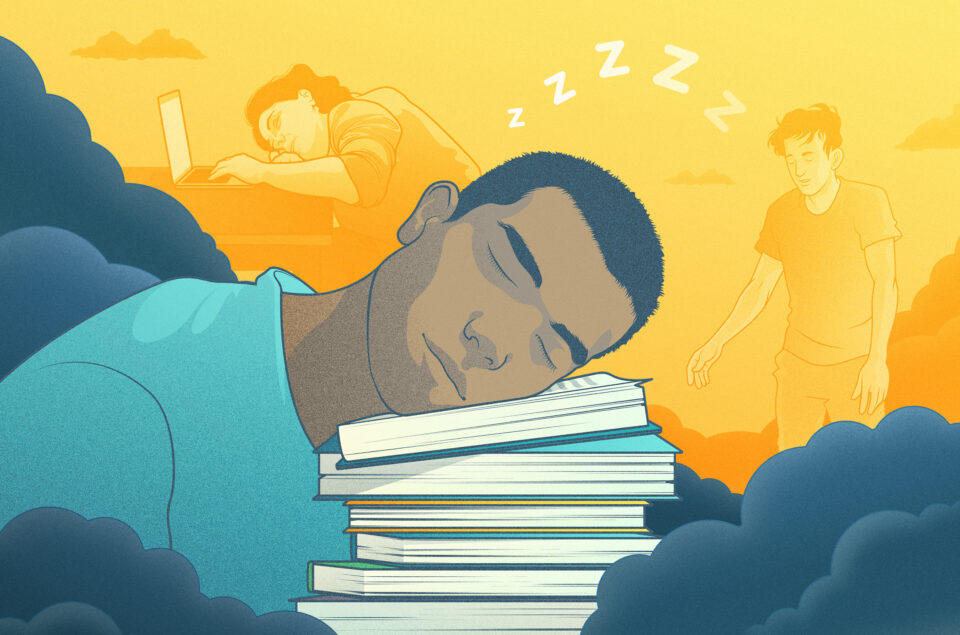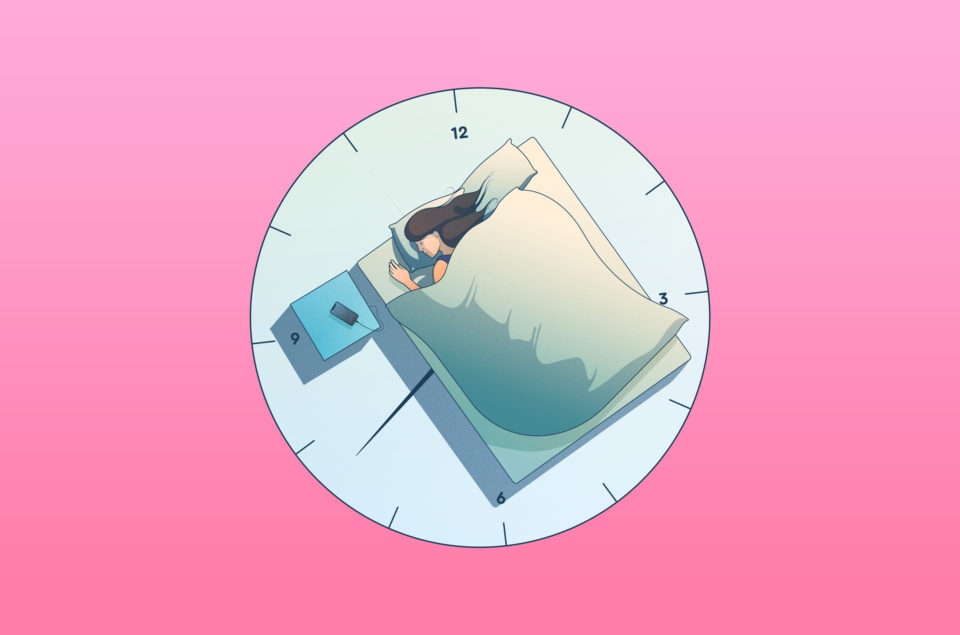Teenagers have a reputation of being angsty and rebellious, but raging hormones might not be the only culprit behind the grumpiness – they could also be sleep-deprived. Sleep deprivation is an epidemic among teens. As the teenage brain and body advances into adulthood – quality sleep plays a crucial part in facilitating this process.
How much sleep do teenagers need?
While the individual differences need to be taken into account, most teenagers (aged between 13-18) need on average eight to ten hours of sleep per night, and if a teen is particularly busy or physically active, they may need around ten hours of shut-eye at night. This means your star quarterback, marching band drummer, or lead in the school play should be turning in early as often as possible. In reality, this is easier said than done.
Seven out of ten high schoolers and six out of ten middle schoolers in America do not get enough sleep.
Yes, consistent sleep deprivation is a big deal for teens.
The adolescent years are fundamental to human development. It is a period of enormous change with social, physical and emotional growth. Frida Rångtell, PhD, sleep educator and scientific advisor for Sleep Cycle added; “While teen sleep is easily shifted and shortened, we know that sleep has important functions for brain and body health. Sleep supports learning and memory, mood regulation and mental wellbeing. Poor sleep on the other hand is associated with excessive sleepiness, obesity and a drop in academic performance.” Sleep is essential to supporting this development. Speak to a physician if you or a teenager you know is experiencing persistent health or mood problems which you suspect may be sleep related.
Cognitive function and academic performance
A good night’s sleep promotes better attention, memory and creativity. A well-rested brain is able to process and retain information better, which makes learning and studying easier. Sleep-deprived teens often have trouble focusing and as a result could see their grades suffer. Simply put – when we sleep, our brain benefits!
Prone to risky behaviors
A study from the CDC found a link between insufficient sleep among high school students and risky behaviors that could lead to injury. Examples included infrequent helmet and seatbelt use or drunk driving and texting while driving, to name a few.
Emotional and mental health
Sleep deprivation can cause mood swings and increased irritability in people of all ages, but since teens are undergoing such fundamental developmental changes, they could be especially impacted. Prolonged sleep loss may negatively affect social and emotional functioning, increasing the risk of conflict.
Additionally, short-term sleep deprivation in teens could impact their mood. Improving sleep could play a vital role in improving adolescent mental health.
Teen mental health and sleep quality were also deeply impacted by the COVID-19 pandemic. Sleep Cycle’s report, Sleep and Mental Health Amidst the 2020 Coronavirus Pandemic, analyzed user data on sleep quality between January and May 2020, aggregated from over 33 million nights of sleep. The data revealed that teens and young adults got the lowest average sleep quality globally during the pandemic, had the highest rate of feeling depressed, and experienced more loneliness than other age groups. Bearing this in mind is especially relevant during the pandemic’s isolation.
Physical health
Quality sleep strengthens the immune system, helps our muscles recover from activity, and helps regulate hormones. There are growing reports of links between sleep-deprivation and obesity in both adults and teens. Lack of sleep can lead to increased hunger, eating more, and less exercise than their well-rested counterparts. One study estimated that for each hour of sleep lost, the odds of being obese increased in adolescents by 80%. Just as your brain needs sleep to feel restored and refreshed, so does your heart. An increased heart rate while experiencing sleep deprivation is a result of the stress reaction that this lack of sleep is causing, and also because of the extra effort that is needed from the heart to maintain functions despite no sleep. So sleep is essential to both mind and body.
Risk of accidents
Teenagers are at the highest risk of falling asleep at the wheel due to insufficient sleep because they are newer drivers and, given their age, can often be chronically sleep-deprived. Prolonged sleep deprivation can have the same effect as being drunk, which in turn could lead to serious accidents.
How to help teens sleep better
Teens’ body clocks start to shift when reaching puberty. They begin staying up later, becoming night owls. However, while many teenagers experience sleep disruption and short sleep durations, the body’s need for more sleep (compared to adults) continues into the early 20s. During that time, parents and teens can work together to build healthy sleep habits and prevent sleep deprivation.
- Avoid caffeine. Coffee, energy drinks, you name it. Especially if consumed later in the day, caffeine can keep teens up way past their ideal bedtime.
- Develop a nighttime routine. Find the best way to wind down and relax before bed. Calming music, sleep aid sounds, or ASMR audio tracks could get you in the right mindset to help you fall asleep easier.
- Stick to a reasonable bedtime schedule, even on weekends. Sticking to a regular sleep schedule as much as possible is important. Try to go to sleep at a reasonable time, even on weekends. Limit your lie-ins on weekends, to make sure you soak in some valuable sunshine before lunch.
- Limit screen time at night. Technology can contribute to you staying up later than you intend to. It is all too easy to scroll and stay on screens late at night, which could have a negative effect on sleep. Step away from the devices before bedtime to signal to your body that it is time to sleep and give yourself time to wind down.
- Know when to say no. Teens face pressure to take on many activities (social, academic, and extra-curricular). Parents and teens should stay in open communication about when their plate is too full to prevent extended sleep loss.
- Advocate for later school start times. Some schools have begun to recognize teens’ need for additional sleep and adjusted their start times accordingly. Encourage your district to do the same.
When teenagers start to change their sleep habits, they will realize that improving their sleep makes them feel, think, move, and act better. Over time, we believe that addressing sleep deprivation in teens will make our world better.










